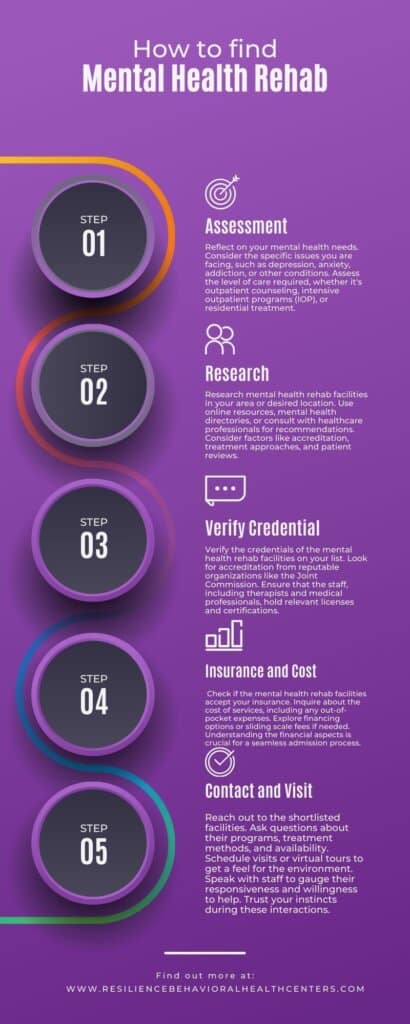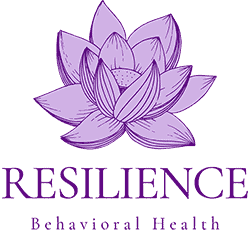Mindfulness and Meditation: Integrating Wellness Practices at Mental Health Centers in Massachusetts
Did you know that looking after your mind can be as simple as taking a breath? Researchers studied over 200 people just like you. They found that something called mindfulness—kind of like paying extra attention to the present moment—really helps with stress, anxiety, and feeling down.
And guess what? Almost every mental health treatment center in Massachusetts is now bringing this mindfulness magic to life. It’s not about big words or complicated stuff; it’s about finding ways to feel better and calmer.
Today, we will explore how these easy practices and see how they are changing the way we look at mental health. Let’s get started:
Understanding Mental Health Issues in Massachusetts
In Massachusetts, mental health is a significant challenge, not just emotionally but economically as well.
The Economic Impact of Mental Illness in Massachusetts
Mental health issues aren’t just tough emotionally—they’re expensive too. The economic burden of each serious mental illness in adults costs Massachusetts at least $2.8 billion every year. This part talks about how mental health problems affect not just people but also the state’s economy.
Numbers Behind Mental Health Struggles
More than half a million adults in Massachusetts go through serious psychological distress every year. This is a big number and shows that mental health challenges are widespread. This section discusses how so many people feeling this way can overwhelm mental health services.
Mindful Practices Unveiled: Nurturing Mental Wellness with Mental Health Treatment Center in Massachusetts
Mindfulness and meditation practices have become integral components of mental healthcare in any mental health treatment center in Massachusetts, offering individuals valuable tools for managing stress, improving focus, and enhancing overall well-being.
Here are five commonly used mindfulness and meditation practices in mental healthcare facilities:
Mindful Breathing (Mindful Breath Awareness):
Mindful breathing involves finding a quiet space and focusing on the breath. Start by breathing in deeply. Feel the air going into your lungs. Then, breathe out slowly. Notice how your chest goes up and down or how the air feels as it goes through your nose.
Mental healthcare professionals guide individuals through this practice, helping them cultivate a tool for stress reduction and emotional regulation in their daily lives.
Guided Meditation Sessions:
Guided meditation sessions are often led by professionals or through audio resources. Participants find a comfortable position, close their eyes, and follow the verbal guidance. It might involve visualizing calming scenes, focusing on different parts of the body, or practicing gratitude.
Mental healthcare facilities integrate guided meditation as a part of therapy sessions or wellness programs, providing individuals with a structured and accessible way to explore the benefits of meditation.
Mindful Walking (Walking Meditation):
Mindful walking transforms a daily activity into a mindfulness practice. Begin by walking at a slower pace than usual, paying attention to each step and the sensations in your body. Feel the connection between your feet and the ground.
Mental healthcare facilities often incorporate mindful walking into outdoor activities or as part of a structured program, encouraging individuals to engage their senses and connect with their environment.
Mindfulness-Based Stress Reduction (MBSR):
MBSR typically involves a structured program led by trained instructors. Participants engage in mindfulness meditation, body scans, and gentle yoga. It’s good to practice regularly, and you’ll be shown how to make mindfulness part of your everyday life.
Mental healthcare facilities may offer MBSR programs as part of their services, providing individuals with a systematic approach to stress reduction and overall mental well-being.
Loving-Kindness Meditation (Metta Meditation):
Loving-kindness meditation involves sitting in a comfortable position, closing your eyes, and directing feelings of love and compassion towards yourself and others. Begin by generating warm wishes, using phrases like “May I (or others) be happy, may I (or others) be healthy.”
Mental healthcare facilities may incorporate metta meditation as part of group therapy or individual sessions, guiding individuals to cultivate a mindset of kindness and understanding towards themselves and others.

Elevating Mental Health in Massachusetts with Resilience Behavioral Health
Resilience Behavioral Health is one of the best Mental Health Treatment Centers in Massachusetts that believes strongly in integrating wellness practices.
Mindfulness and meditation in mental healthcare yield various benefits that collectively create a more supportive and effective environment for individuals seeking mental health care. These benefits include:
Enhanced Emotional Well-Being:
Integrating wellness practices such as mindfulness and meditation at mental health centers in Massachusetts fosters enhanced emotional well-being. Individuals can develop greater emotional resilience, effectively managing stress, anxiety, and other emotional challenges. These practices provide valuable tools for navigating the complexities of mental health with a more balanced and positive emotional state.
Stress Reduction and Relaxation:
One of the main benefits of meditation and mindfulness is stress reduction. These practices offer individuals effective techniques to relax the mind and body, leading to decreased stress levels. By incorporating these wellness practices, mental health centers can create environments that promote relaxation, contributing to an overall sense of calm for clients.
Improved Focus and Concentration:
Wellness practices contribute to improved cognitive function, including enhanced focus and concentration. Incorporating mindfulness and meditation in mental health centers enables individuals to develop better attention control and cognitive clarity. This, in turn, supports therapeutic processes, helping clients engage more effectively in counseling sessions and self-reflection.
Positive Impact on Physical Health:
Beyond mental well-being, integrating wellness practices positively influences physical health. Mindfulness and meditation are linked to lower blood pressure, better sleep, and overall improved physical health.
Mental health centers adopting these practices contribute not only to psychological wellness but also to their clients’ overall health and vitality.
Holistic Approach to Wellness:
Integrating wellness practices signifies a commitment to a holistic approach to mental health. These practices recognize mind, body, and spirit interconnectedness, promoting a comprehensive understanding of well-being.
Mental health centers that adopt this holistic perspective provide clients with a more complete and integrative approach to their mental health, addressing symptoms and the underlying factors contributing to their well-being.
Take Charge of Your Well-Being – Call Resilience Behavioral Health Now
If you, or a loved one has struggled with mental health challenges in Massachusetts, it’s time to take charge and change the situation. Resilience Behavioral Health, like any great mental health treatment center in Massachusetts, is ready to guide you to a better place.
Meet Our Experienced Team:
At Resilience Behavioral Health, we have a team of caring professionals, including psychiatrists, psychologists, and counselors. They’re here to give you the support you need.
We know everyone has struggles, and seeking help is a brave choice. Our team creates a safe space where you can feel understood and start your journey to healing.
Your Path to Recovery:
Imagine a life where you feel supported and understood. That’s what Resilience Behavioral Health offers—personalized care from our trained experts.
Ready to Feel Stronger?
If you’re ready to focus on feeling better, call us at 888.401.1179. If getting a more personalized care plan textually is more your cup of tea, let us know by filling out this contact form.
Our team is here to help you take that important step toward a brighter future!


